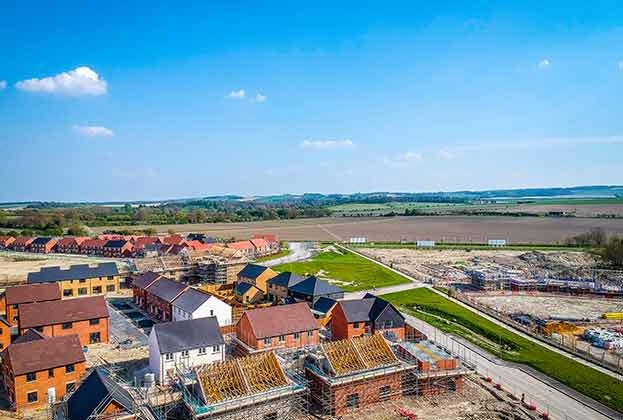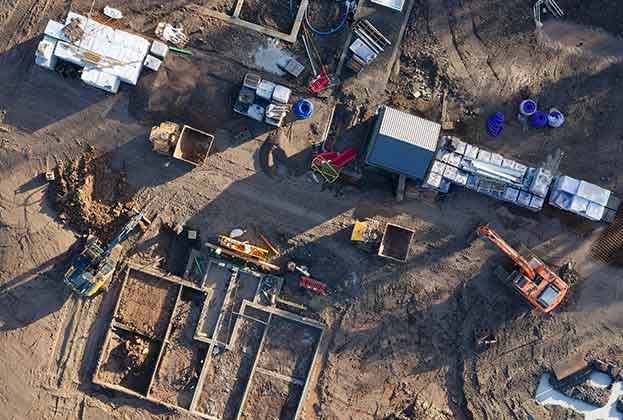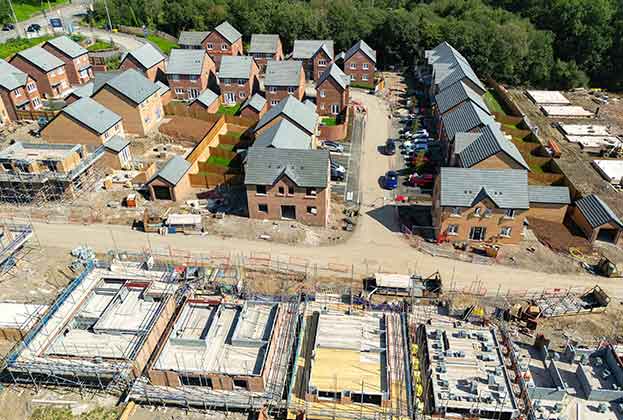Confused about the difference between building control and planning permission?
Basically, they do different things. If you are putting up a new permanent building or structurally altering an existing one, building regulation consent will normally be needed. This deals with how the building is constructed. Whether it should be given the green light to be built in the first place is where planning permission comes in.
Building regulations set minimum standards for design, construction and alterations to virtually every building. Many jobs in the home need to comply including some electrical works, new bathrooms and replacing windows. These need to be approved by a Building Control Body (BCB). This can be either your Local Authority Building Control or a private sector Approved Inspector, unless carried out by an installer who is registered to do that type of work and who can self certify that their work is compliant.
If you don’t comply with the regulations, you could end up being prosecuted. Or, when you come to sell the property, you might have to sort it out before the sale can be completed.
Planning permission is about deciding whether a development – anything from an extension on a house to a new town – should go ahead. Your local planning authority, usually the borough or district council, is responsible for making that decision. However, many small developments don’t have to go through a full approval process. These are known as ‘permitted developments’.
Further information
Contact Savills Planning or Building & Project Consultancy
Read more: 'In plain English': property jargon explained by the experts
.jpg)
.jpg)
.jpg)


.jpg)

.jpg)

.jpg)
.jpg)